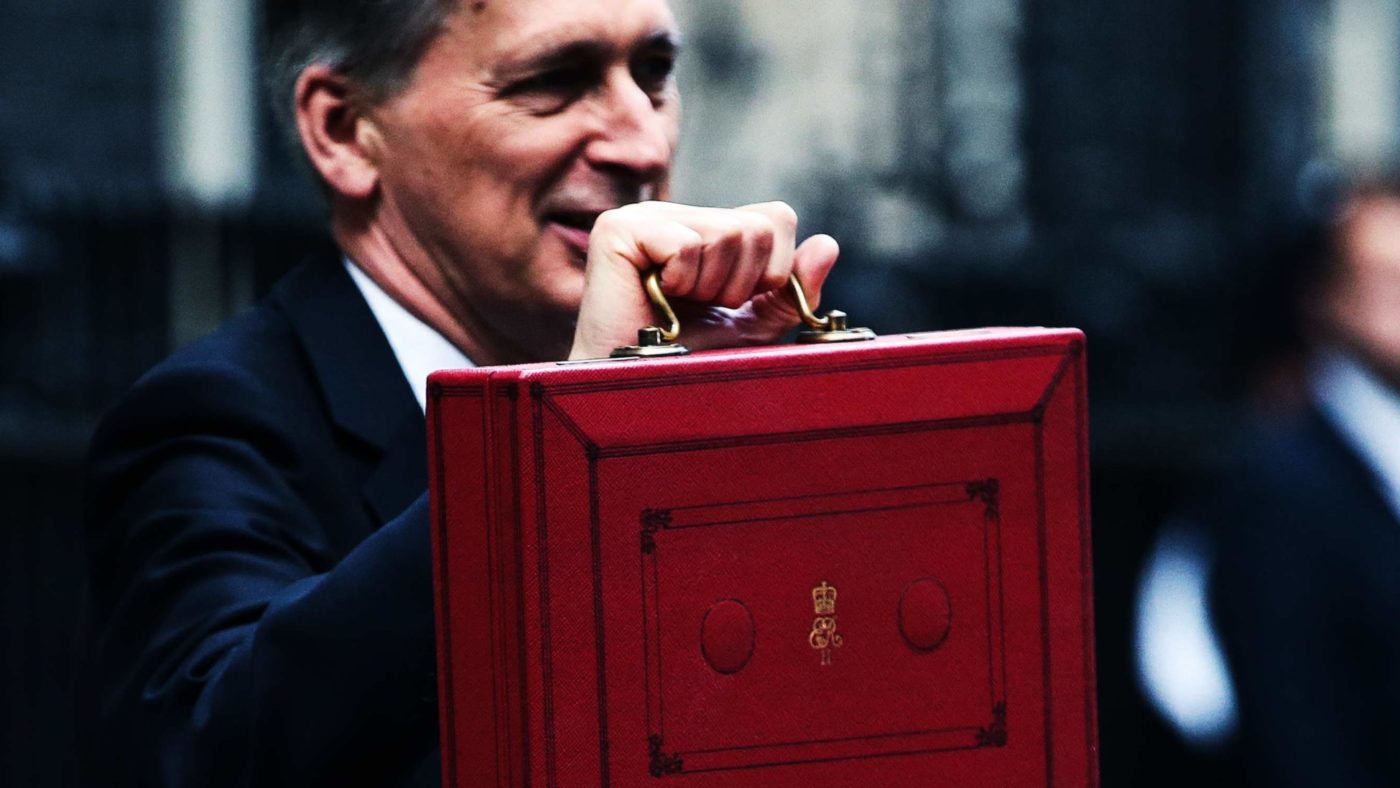Budget week is a good time to think about the importance of the economy at the ballot box. As our battle of ideas polling series highlighted, economic policies often divide public opinion, and not always along party lines to the extent you might think.
But when it comes to the things that drive votes, the performance of the economy is obviously key. Of course, there are different ways to measure economic performance, and the choice may be context-specific. For example, there have been times in the relatively recent past when inflation was a key issue, and others when it hasn’t been on the radar at all.
James Carville’s line “It’s the economy stupid” has become part of the political lexicon. There have certainly been elections in the UK where the economy was the key issue, but there have been others when it wasn´t – or at least when it wasn’t thought to be.
What voters (or for that matter, pundits) say is the most important issue doesn’t necessarily tally with how people actually vote. Post-1945, no governing party has lost the popular vote without a recession or an official currency devaluation in the preceding Parliament. Only once has a party won an election without being ahead on economic competence, and even then only narrowly (Labour in 1964).
So we can say that the economy has usually mattered even when people have said it didn’t. Part of the reason may be that people are more likely to rate the economy (or aspects of it) as important when things are going badly.
Economic slumps or embarrassments don’t guarantee a government’s downfall – the Conservatives survived recessions before the 1983 and 1992 elections – but they seem to be necessary, if not sufficient, to remove one from office.
With that in mind, it´s not hard to see how important budgets ultimately have a huge impact on a government’s fortunes. Since 1997 monetary policy has been the responsibility of central bankers, so fiscal policy is the economic lever available to the government. But how much do budget announcements, as opposed to the policies they represent, drive public opinion?
As with so many things, what Westminster cares about and what the public cares about are often very different. But budgets are one of the set piece events that do tend to get noticed and sometimes move the polls.
In recent years, budget effects, when they have occurred, have tended to be negative for the governing party. Labour tended to lose ground after each of its budgets in the 2005-10 parliament, and the 2012 “omnishambles” budget clearly hurt the Conservatives. But usually there has been no discernible effect in either direction.
Public reaction may depend on how a budget is reported. For example, the 2014 budget had very little effect on polling done on the day, but after strongly positive press coverage, subsequent polls showed a much stronger public reaction.
So far we have limited insight into the about the public reaction to Philip Hammond’s effort on Monday. As ever, the first few polls after an event can sometimes be misleading, and can be subject to greater volatility than simply random sampling error. And even if any opinion on the budget, or broader shifts in public opinion, is real, it isn´t guaranteed to be permanent.
With those caveats in mind, YouGov and Hanbury have already polled the 2018 budget. Overall, the public reaction appears positive. Hanbury found strong support for extra spending over deficit reduction (and particularly extra NHS spending) and the new tax on tech giants. YouGov found strong support for nearly all of the measures it asked about, with its economic competence trackers moving favourably for the Chancellor and government.
That may sound like good news for the Conservatives – and it is – but that isn’t to say that votes will necessarily follow. Theoretically popular policies in isolation may have differing political impacts depending on who is proposing them, how they are received and reported, and so on.
It also highlights another conundrum often found in post-crisis polling; despite being positive about the policies in budget, when Hanbury asked people whether they thought it would be good or bad for them and their family, a majority (56 per cent) answered “neither”.
Indeed, there is no sign as yet of a boost for the Tories. YouGov asked voting intention, and found the Conservative lead being cut from five points to two points. The small indicated movement may be statistical noise, but there is certainly no evidence of the apparently positive reaction helping the governing party (and no solid evidence of an effect in either direction). So as ever, the wiser heads among pollwatchers will be adopting a “wait and see” policy.
Budgets require governments to balance short-to-medium term political considerations with longer term economic ones. Granted, that could be said of many policy areas, but with fiscal policy it matters because its effects – both directly on politics and indirectly via the economic impact – are so significant. We’ll be able to gauge the former within weeks, but we might be debating the latter for a good deal longer.


